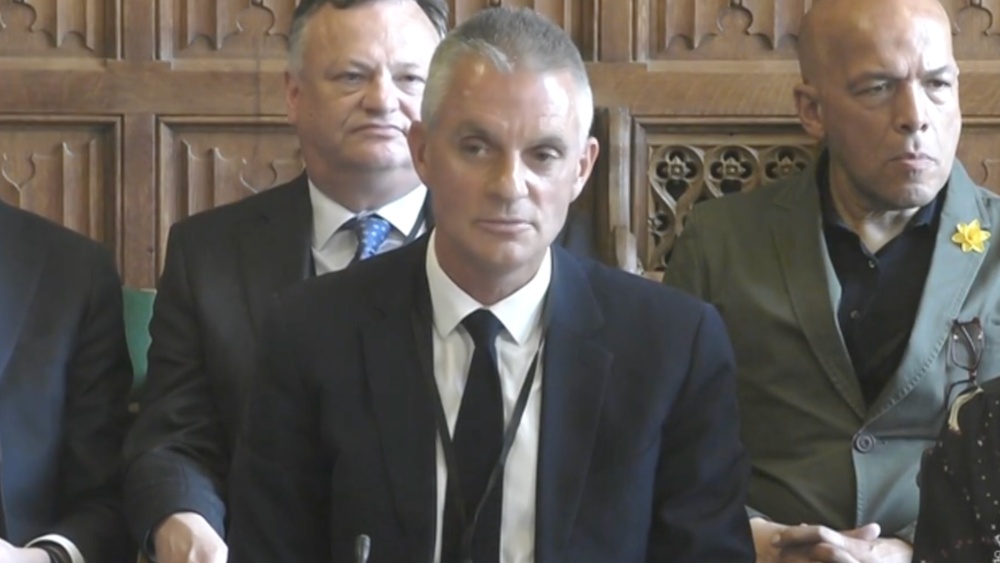BBC Chiefs Grilled in U.K. Parliament Ahead of Funding Model Review
BBC director general Tim Davie and acting chair Elan Closs Stephens answered searching questions from the U.K. Lords Communications and Digital Committee on Tuesday on the corporation’s funding model.
The BBC’s main source of revenue is annual license fee of £159 ($202). The BBC annual report, which was published last week revealed that the number of people who bought a license fee fell by 500,000 to 24.3 million. Consequently, BBC revenues dipped from £3.8 billion to £3.74 billion. The license fee, which is currently frozen for two years, is set to rise significantly in April 2024.
It emerged on Tuesday morning that a review into the BBC funding model could be ordered this fall. “The evidence that there is a growing unwillingness to pay is shown by figures each year. The licence fee model is becoming unsustainable,” the London Times said, quoting a government source.
Variety understands that the timing of the review is a matter for the U.K. government’s Department for Digital, Culture, Media & Sport (DCMS). The BBC’s royal charter, which among other things, decides the funding model, is due to be renewed in 2027.
A DCMS spokesperson told Variety: “We remain committed to reviewing the licence fee model ahead of the next charter period to explore the potential for alternative ways to ensure the BBC remains appropriately funded over the long-term.”
Meanwhile, the Lords hearing on Tuesday, which was convened long before the speculation about the funding review, heard from Davie and Stephens.
“We’ve already started some work on the funding question, we’re also absolutely supportive of the government doing their work on our funding and we’re encouraging that,” Davie told the committee.
“We know the licence fee is supported by people who use the BBC. Therefore, we need to be relevant, we need to make sure we are in the channels of distribution that people use,” Davie said.
Davie said that the committee should look outside the U.K. to other public service broadcasters “to see how precious the BBC is,” adding that his task was not only to push the licence fee as high as possible, but ensure there was support for it in a manner “that people want to pay for it and think it is great value.” He said that efforts are on to “repurpose an organization whose funding has been cut by 30% in the previous decade, and now another £400 million based on inflation.”
Earlier, the committee heard about Huw Edwards, the BBC presenter who was named last week as allegedly paying a teenager for explicit photographs.
“We had a duty to act with some calm and rationality in the face of a lack of rationality and a lack of calm,” Stephens said. Stephens added that a team comprising Deloitte partner Simon Cuerden, BBC COO Leigh Tavaziva and senior independent director Nick Serota will publish terms of reference on Thursday ahead of an inquiry.
Davie said that the investigations into allegations against Edwards could take “weeks or a couple of months or even longer.”

